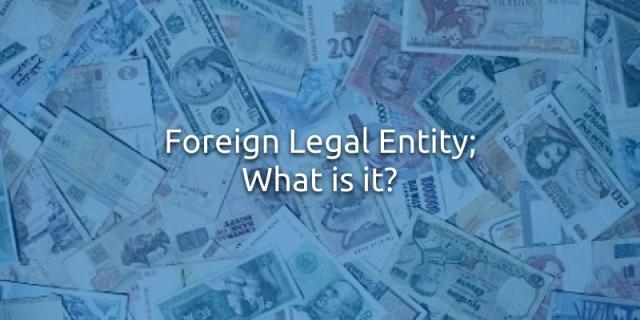For small and large companies alike, expansion is necessary to increase revenue, but creating a foreign legal entity is not always a viable option or an understood option. The massive cost and time are two roadblocks that create more pains than gains in our volatile business environment.
What is a Foreign Legal Entity?
If you’re domestically incorporated in one state and are seeking expansion in another US state or internationally, you traditionally create a foreign legal entity where you’d like to expand. This registration allows you to legally manage operations of your business in the outside state or country.
Essentially, a foreign legal entity is similar to a foreign corporation. In America, it refers to an established corporation that is legally registered to operate in a state or jurisdiction outside of its original location. This term also applies to international expansion and defines a corporation’s outside establishment in a foreign country.
What are the Risks Associated with a Foreign Legal Entity?
Cost and time are two major setbacks companies face when starting up new entities. On average, it costs businesses between $15K-20K to create an entity with an additional $40K per year to maintain it. And since time is money, add the costs of an additional 3-4 months, on average, for setup.
If you have an international candidate waiting for a contract, chances are they will seek a new opportunity before you establish your foreign legal entity.
- Difficult international banking regulations and safeguards
- On-site document signing requirements
- Monitoring consistent changes in compliance
- Outsourcing a local director
How to Avoid These Headaches?
The pitfalls stemmed from creating a foreign entity are vast, but avoidable. Consider getting assistance for overseas expansion with our Foreign Subsidiary as a Service (FSaaS) model, which takes care of the big steps and lets you continue operations as normal.
This aggregation of services gives small to large businesses an opportunity to develop local contracts in the foreign country without creating a foreign legal entity. As a result, your business can hire locally while staying compliant and efficiently tap into new markets to successfully expand your reach.
Velocity Global’s entities are available in more than 185 countries. We manage the risks, such as the ones listed above, saving you time and money. With FSaaS, you can effectively and efficiently manage new hires, payroll and stay compliant with foreign policies.



